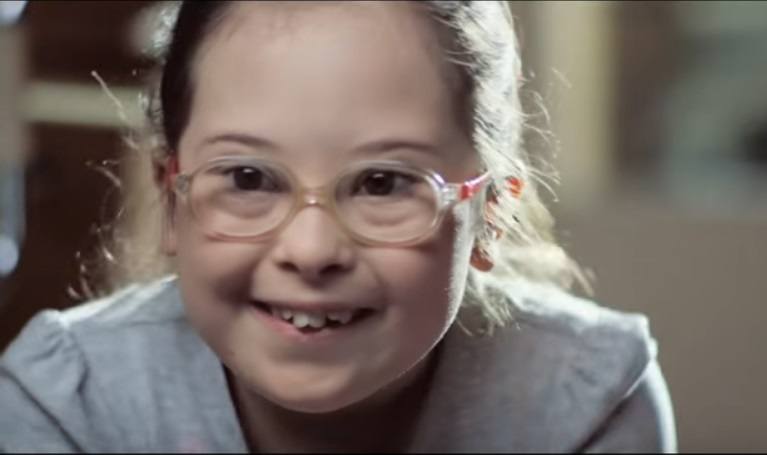Were Nazis More Tolerant of Down Syndrome than Some European Countries Today?
Richard Dawkins lashed out at Pope Francis for the latter’s comparing modern eugenic efforts to Nazi precedents that sought to “create a pure race.” Dawkins fumed, “Abortion to avoid birth defects is not about eugenics. It’s about the avoidance of individual human suffering.” The Daily Wire observes: As noted by LifeNews, the “human suffering” that Dawkins refers to here is disingenuous, considering that many parents of Down children report loving their children and having much joy in their family. Dawkins advised such families to just “Abort it and try again” in 2014 when one Twitter follower asked what to do about her Down syndrome diagnosed baby. “It would be immoral to bring it into the world if you have the choice,” he said. The atheist lamenting about what’s “immoral” makes little sense. In Denmark, only four Down syndrome babies were born in 2016. In the neighboring country of Iceland, the eradication of Down syndrome babies has reached near 100%. France has gotten in on the race, too; most recently, the country banned a television commercial featuring Down syndrome children because it upset the mothers who previously aborted them.







